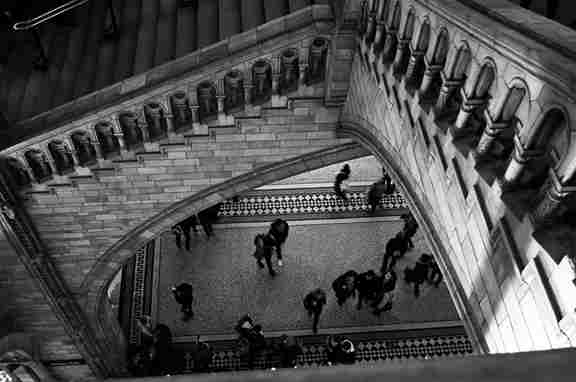Between January 2013 and December 2017, the Royal Commission into Institutional Responses to Child Sexual Abuse heard evidence revealing that for generations many of our educational and other institutions presided over the systemic abuse of countless defenceless children. Tragically, most of those children, racked with shame, guilt and self-doubt, kept that abuse hidden from sight in deep, dark and destructive secrecy for decades. Some never whispered a word.
Photo by William Santos, Unsplash
Prior to the Royal Commission, victims seeking compensation for such abuse had to commence legal action within three years of turning 18, which meant most of those children, now adults, were well out of time even before the Royal Commission got started.
Something had to be done to give them some chance of redress for what they suffered.
So, in 2016, following the release of the findings of the Royal Commission, new legislation was passed amending the Limitation of Actions Act and the Personal Injuries Proceedings Act to allow sexually abused children to seek compensation later in life. However, that amendment did not apply to children who were seriously physically abused and systematically tortured without enduring sexual assault. For them, the doors remained closed, and they were shut out, unable to bring their claims because strict legal time limits had long since expired.
On 31 October last year, Michael Berkman MP, member for Maiwar, introduced a private member’s Bill to the Queensland Parliament called the Civil Liability (Institutional Child Abuse) Amendment Bill 2018. The proposed legislation sought, amongst other things, an extension of the definition of institutional child abuse to include, not only sexual abuse, but also serious physical abuse of children in the care of schools and other institutions. Recently, the Legal Affairs and Community Safety Committee recommended that the legislation not be passed.
The draft Bill sought to implement recommendations 89-94 of the 2016 Royal Commission Report to ensure survivors of all forms of child abuse were not denied potential avenues for redress due to the expiration of applicable time limits. Some time ago, after extensive public consultation, the state governments of both NSW and Victoria concluded that the definition of child abuse should include both sexual abuse and serious physical abuse, and in his proposed legislation Mr Berkman MP included a definition of abuse consistent with those jurisdictions. But the Queensland Parliament is yet to debate the semantics and, given the recent recommendation of the Legal Affairs and Community Safety Committee, it is likely to reject the proposed Bill later this year, and so continue to deny justice to victims of child physical abuse.
In his first reading speech on 31 October 2018, Mr Berkman MP noted that the Royal Commission had “laid bare the horror that so many children had suffered for so long, and it described for all of us how that horror was magnified by decades of silence and denial by those in authority and barriers to obtaining justice”.
Justice delayed is justice denied. In recent times harrowing Queensland stories have surfaced of serious criminal assaults on former students, far beyond what any reasonable person could ever have considered acceptable corporal punishment. They include disturbing accounts of children being beaten around the head with closed fists by teachers and carers, having lips split and bleeding, being slapped so hard as to inflict permanent hearing loss, being thrown against walls, knocked unconscious, kicked on the ground, and held under water. Such behaviour is not, and never has been, acceptable corporal punishment. It is nothing short of child abuse, in any era, and by any measure.
Yet, as the law currently stands in Queensland, the victims of such abuse are denied access to justice by arbitrary legislative obstacles. Now is the time to remove them.













